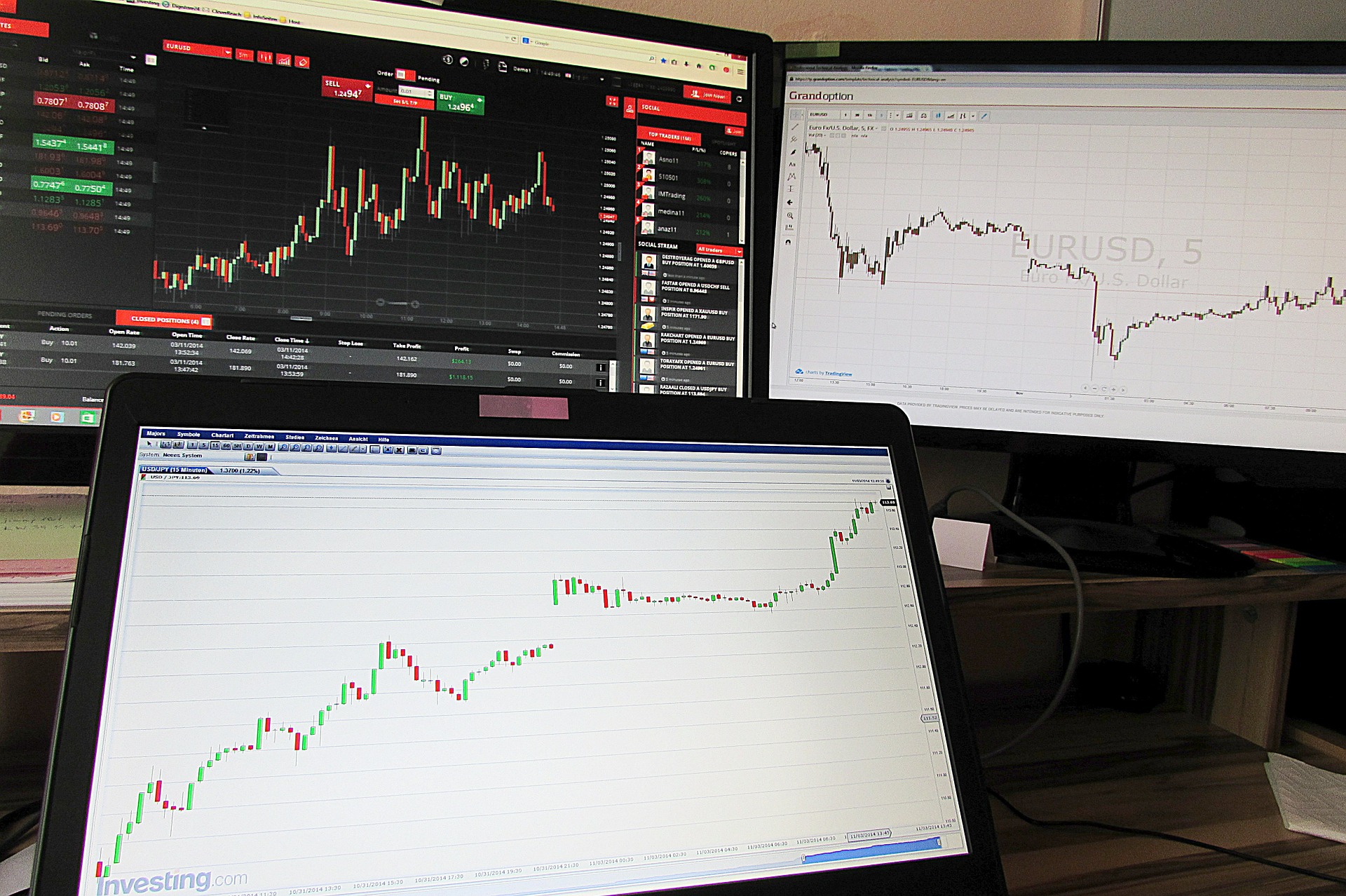
10 reasons to invest in an ETF
admin
- 0
ETF stands for exchange-traded fund. An ETF is an investment vehicle that tracks an index, a commodity, or bonds.
1. Diversification
The benefit of diversifying your portfolio is that you don’t lose all your money in one go if there’s a crash in the market. Investing in several stocks can better manage risk than investing all your assets in one stock because one bad apple won’t spoil the whole bushel (although it may cause some damage). Investing in ETFs over individual stocks is even better because the diversification provided by an ETF is greater than that of a stock.
2. High Returns
The most significant advantage of investing in ETFs is high returns. Over the long term, it has been shown to return around 10% per annum, which is much higher than other investments like superannuation or managed funds. ETFs are so profitable because they tend to be passively managed and therefore don’t have extra costs tacked onto them as other managers may do.
3. Active Management
Unlike actively managed funds, an ETF usually tracks an index, commodity or bonds instead of trying to beat it through active management (so you know what you’re investing in). ETFs aren’t actively managed, so the manager has no requirements to attend expensive meetings or develop new strategies. It also means it doesn’t need to pay any extra fees on top of what you’re already paying.
4. Low Fees
ETFs have low fee structures compared with other investment types, which are great for investors because more money can go into their pockets rather than the pocket of some fund managers. ETF managers only charge 0.15% per annum, while some mutual funds charge up to 2-3% to get your money in, plus all the hidden costs that come with it, like brokerage and bid/offer spread.
5. Exposure To Stock Market
An ETF provides exposure to different stocks in different ways. For example, some ETFs let you trade commodities like gold and oil while others expose different countries’ stock markets. It allows investors the ability to travel around the world without ever leaving their homes.
6. Rebalancing
ETFs are great for rebalancing because it only takes a few clicks of the mouse. It’s possible to fill in an order form online with your preferred parameters (in terms of when you want to execute it, how much risk you’re willing to take on etc.) which will then be executed by an investment manager automagically.
7. Liquidity
Liquidity is essential in any asset allocation because if something isn’t liquid, it can be tough to sell when you need the money. It’s vital for investors who want to cash out their investments right away because there’s a possibility they won’t be able to get a reasonable price for whatever it is they’re selling. ETFs usually have high liquidity due to being traded often, which means investors can buy and sell an ETF at any time during the day when the markets are open.
8. Transparency
ETFs give more transparency than other types of investments. Investors know exactly what they’re investing in rather than having to read through pages and pages of different securities looking for something that marks itself out as unique or outstanding. The fact that an ETF tracks an index also gives investors peace of mind because if one stock drops, another goes up to level it out
9. Ease Of Use
ETFs are easy to buy and sell, making them great for new investors or small investors who don’t want to pay service fees just for using a broker. They also make it easier to build an investment portfolio. Instead of buying different stocks individually, you can purchase one ETF with all the stocks bundled together inside (plus, there are no brokerage costs!).
10. Diversity And Global Exposure
Investing in international markets not only helps diversify your portfolio but gets you exposure to countries that may be growing faster than yours. If they’re falling, your portfolio will take a hit even though it’s diversified. By investing in an index that follows the whole world, you’ll get global market exposure without any of the extra work or additional costs.


